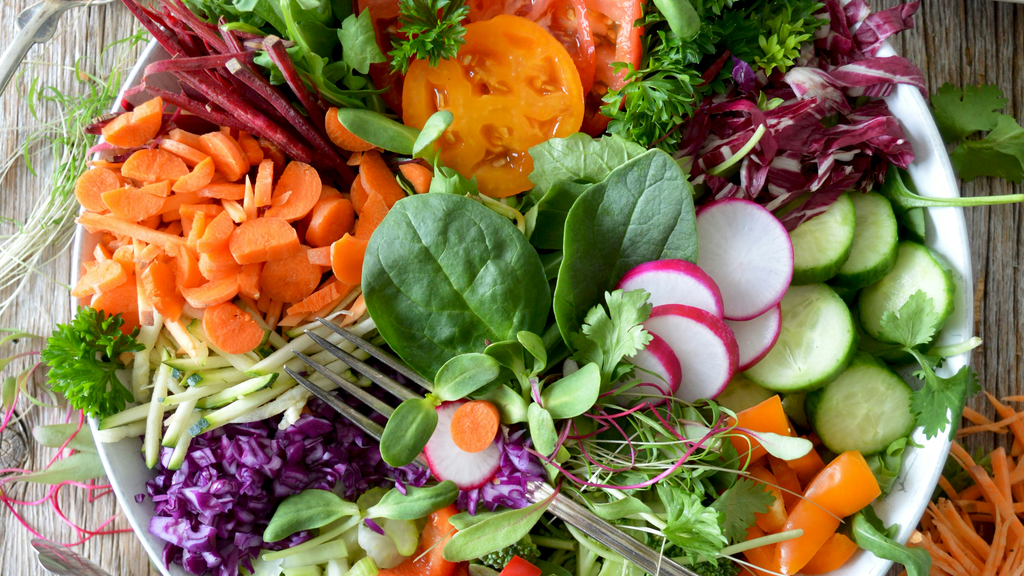Introduction
The link between diet and intestinal obstruction is significant. Understanding this helps individuals make informed food choices, essential for maintaining a healthy digestive system. The focus of this blog is particularly on the traditional Indian diet, which has unique characteristics that can promote or impair gut health. Including or avoiding certain foods can limit the risk of digestive blockages, such as small bowel impaction or volvulus of intestine.
Through proactive dietary changes, everyone can take charge of their intestinal health. By being knowledgeable about what to consume and avoid, one can greatly improve their digestive wellness and reduce complications associated with intestinal blockage.
Understanding Intestinal Obstruction
Intestinal obstruction occurs when food, fluids, and gas cannot move through the intestines. This blockage can result from various causes, including:
- Adhesions, which are bands of scar tissue that can form after surgeries and bind intestines.
- Tumors, which can narrow or block the path.
- Conditions like volvulus of intestine, where intestines twist around themselves, causing obstruction.
Key symptoms to watch for include bloating, abdominal pain, vomiting, constipation, and inability to pass gas. Early detection of these symptoms is crucial, as ignoring them can lead to severe complications.
Complications arising from unmanaged blockages include infection, perforation of the intestine, and tissue death due to interrupted blood supply. For a healthy digestive system, it is vital to recognize these signs early and seek medical attention to prevent escalation and ensure effective management.
Dietary Influence on Intestinal Health: Indian Perspective
A traditional Indian diet usually includes a variety of foods that have significant impacts on gut health. Foods rich in fiber, such as pulses and grains, can support digestion when properly balanced. However, spicy dishes, which are also common in Indian cuisine, might irritate the digestive tract and warrant caution.
Different regions in India have diverse dietary patterns, affecting intestinal health differently. For instance, southern cuisines may focus more on rice and coconut-based dishes, which affect digestion uniquely compared to northern wheat-based diets. Understanding these influences can help people make better dietary choices to maintain a clear and healthy intestine, preventing issues like intestinal blockage.
Foods to Incorporate for Intestinal Wellness
Embracing a diet with low-fiber, easily digestible foods can promote intestinal health:
- Include fruits like bananas, peaches, and watermelon, which are softer and digest smoothly.
- Opt for cooking methods like steaming or boiling that make food softer and more digestible, promoting better nutrient absorption.
- Plan meals focusing on these gentle foods, coupled with sufficient fluids, to keep digestion smooth and prevent small bowel impaction.
Sample meal ideas: – Breakfast: oatmeal with soft fruits – Lunch: steamed vegetables with rice – Dinner: boiled potatoes with a light soup
Foods and Habits to Reconsider
Managing intestinal obstruction involves avoiding certain high-fiber foods that can worsen blockages, such as:
- Raw vegetables like broccoli and cabbage.
- Nuts and seeds that are hard to digest.
- Whole grains like brown rice and barley, requiring more effort to break down.
Besides foods, lifestyle habits play a pivotal role. – Ensure adequate hydration by drinking plenty of water to aid digestion and prevent intestinal blockage. – Practice mindful eating by enjoying smaller, more frequent meals to ease digestive workload. – Chew food well to improve breakdown and ease passage through intestines.
Practical Guide: Personalizing Your Dietary Choices
Personalizing your diet can effectively support intestinal health. Here’s how:
- Identify any foods that trigger discomfort and adjust your diet accordingly. Keeping a food diary might be beneficial.
- Integrate gradual changes to determine which foods suit your digestion best.
- Test your food tolerances, introducing new items slowly and observing any effects.
- Consult health professionals like dietitians or gastroenterologists to create a tailored dietary plan that aligns with health needs and prevents intestinal obstruction and small bowel impaction.
Concluding Thoughts: The Power of Informed Food Choices
Dietary choices play a crucial role in both preventing and managing intestinal obstruction. By prioritizing informed eating habits, individuals can enhance their digestive system’s function and stave off related issues like small bowel impaction or volvulus of intestine.
Monitoring symptoms such as discomfort or changes in bowel habits can guide necessary dietary adjustments. It’s essential to remain attentive to one’s digestive health, making dietary changes that promote wellness.
Moreover, seeking advice from healthcare providers can further strengthen one’s approach to maintaining a healthy digestive tract. A collaborative effort in managing diet ensures sustained intestinal health, empowering individuals to live healthier, more comfortable lives.
By remaining committed to these practices, anyone can manage their digestive challenges effectively and reduce the risk of intestinal complications.


